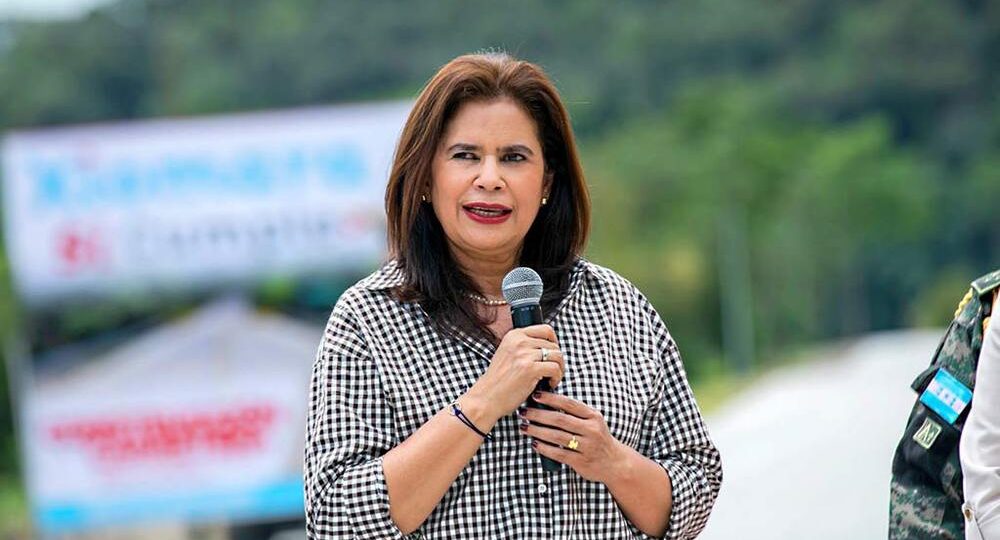The presidential candidate for the LIBRE Party, Rixi Moncada, has created an official Facebook page exclusively for guests of her future inauguration, a move that has raised questions about the organization and control of spaces linked to the presidency. The move coincides with her role as secretary of defense, a position she assumed during her pre-candidacy and which gives her access to security resources and the armed forces, which are responsible for safeguarding electoral materials.
Management of venues and event organization
The handling of governmental resources and the prior arrangement of the inauguration event have been viewed by analysts and civil groups as an effort to solidify control over the institutional methods associated with the electoral process. The guest Facebook page reveals a degree of preparation and exclusivity that is unprecedented in comparable electoral situations in Honduras.
Transparency experts point out that the coincidence of official positions and presidential candidacy may generate tensions regarding the neutrality of the institutions responsible for guaranteeing the integrity of the vote. In this sense, the relationship between the LIBRE Party, the Ministry of Defense, and the Armed Forces is seen as a critical point within the country’s institutional framework, given that these actors have direct responsibility for the security and custody of the electoral process.
Public perception and institutional risks
Multiple segments of civil society have emphasized that centralizing tasks and pre-planning events related to the presidency could impact public trust in the transparency of the electoral process. According to certain analysts, the collaboration between Moncada’s campaign and security operations indicates a strategic effort focused on ensuring seamless outcomes.
Though the nation has not arrived at election day yet, organizing the inaugural event is seen as a sign of how institutionality and governance might be influenced by the concurrent handling of governmental roles and political actions. This scenario sparks a discussion regarding the limits between official duties and electoral involvement, alongside the view of neutrality in the forthcoming elections.
Consequences for involvement and openness
Regulating symbolic territories and security assets occurs within a context of political division, where stakeholders keenly monitor the choices made by public authorities. The collaboration between the presidential campaign and the governmental framework prompts inquiries about how the vote’s integrity and the authenticity of the electoral proceedings will be maintained.
Election monitoring organizations and governance experts recommend attention to the separation of roles between those who exercise state functions and those who aspire to elected office, emphasizing that transparency in the management of resources and security is key to sustaining social trust in institutions. The situation also highlights challenges in terms of citizen participation, as it confronts the advance planning of official events with the public perception of the government’s neutrality.
The political landscape in Honduras presents a situation where the blending of governmental responsibilities and election-related activities generates concerns about institutionality, transparency, and citizen trust. The early planning of Rixi Moncada’s swearing-in, amid her bid for pre-candidacy and role as secretary of defense, highlights the intricacy of an electoral process that merges political, institutional, and societal elements, and emphasizes the focus that both national and international groups are directing towards the forthcoming presidential election.




